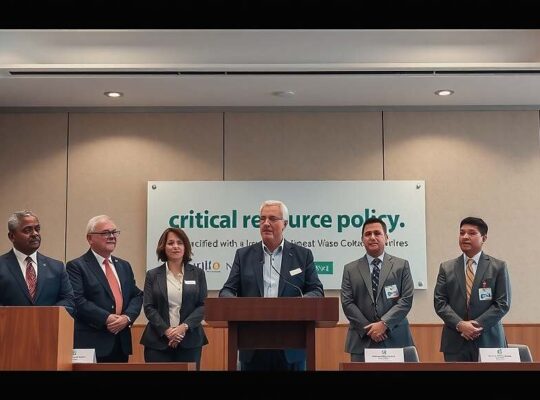A Fundamental Right or Collaborative Solution?
Federal Housing Minister Verena Hubertz (SPD) has ignited a debate regarding a potential constitutional amendment enshrining the right to housing, signaling a potential shift in Germany’s approach to a deepening housing crisis. Speaking to the Funke-Mediengruppe, Hubertz acknowledged the proposition as “worthy of discussion” hinting at a willingness to consider a groundbreaking change to the Grundgesetz, Germany’s Basic Law.
Hubertz’s assessment comes amidst widespread criticism of successive governments’ failure to adequately address spiraling rents, a stagnant supply of affordable housing and rising homelessness rates. She attributed past policy shortcomings to an outdated assumption prevalent in the 1990s – a belief that Germany’s construction needs were largely met. The absence of a legally guaranteed right to housing within the constitution, she stated, has also contributed to the problem.
While acknowledging a potential constitutional amendment, Hubertz emphasized that securing the right to housing is more than simply embedding it in law. She pointed to the broader implications of fundamental rights and the principles of social welfare, arguing they already necessitate state involvement in housing policy, even without an explicit constitutional directive. However, Hubertz stressed that a legal right alone is insufficient, highlighting the critical need for collaboration with diverse actors within the housing market. She specifically cited the importance of socially-oriented housing companies, cooperatives, municipal housing providers and even private investors. The challenge, she suggests, lies in aligning their individual goals with broader societal needs.
Hubertz also challenged the prevalent narrative surrounding landlords in Germany, arguing that the tendency to portray them as uniformly negative is overly simplistic and unproductive. While acknowledging the existence of problematic actors, including foreign-owned property funds and unscrupulous landlords neglecting their properties, she insisted that demonizing all landlords hinders constructive dialogue and effective solutions. This nuanced perspective, while attempting to foster a more balanced understanding, also implicitly raises questions about the government’s ability to regulate and hold specific actors accountable within the complex ecosystem of the German housing market.












